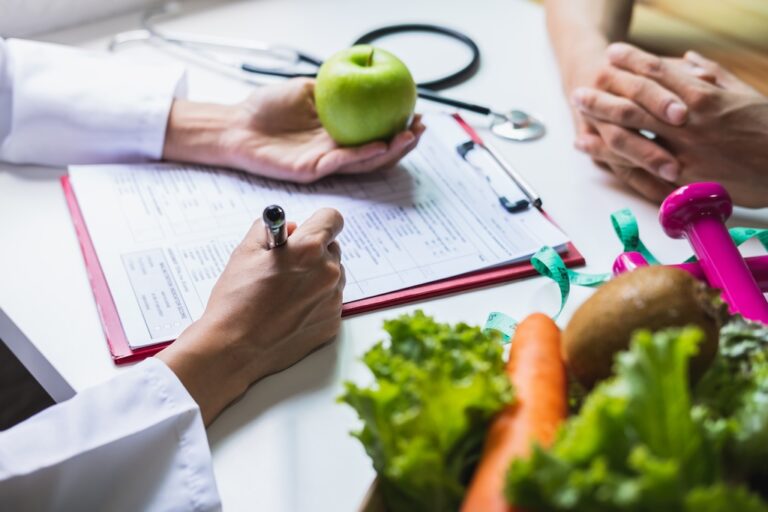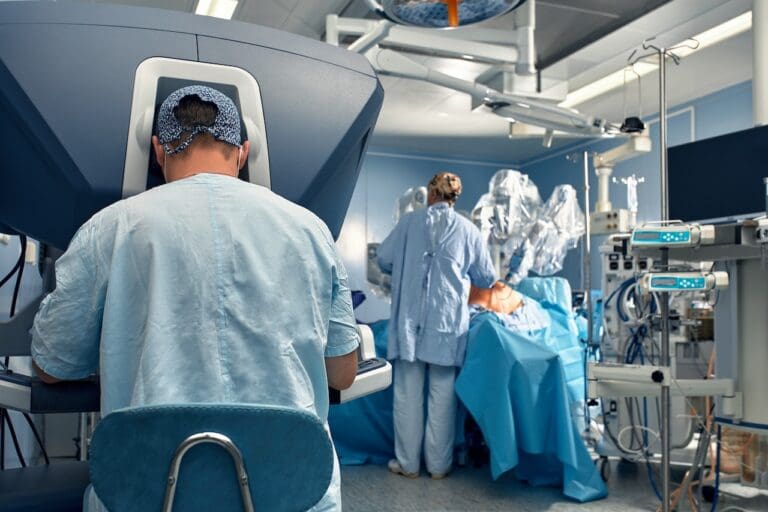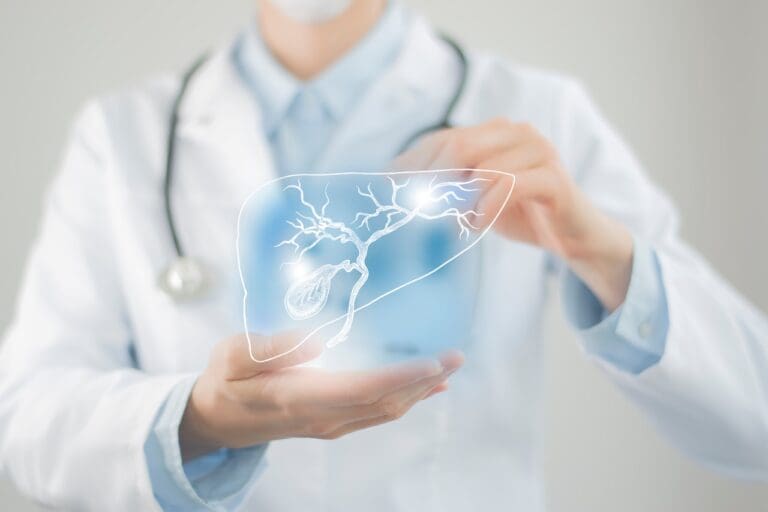We have heard more than once that a pregnant mother-to-be should "eat instead of two". However, what does this mean in reality and why does it matter what we eat during pregnancy? As an expectant mother, it is important to get all the nutrients into our body through a healthy and varied diet, which are essential for the development of the pregnancy and the fetus. The most important vitamins and trace elements help reduce vitamin deficiency, preserve our health, and help our baby grow and develop in a healthy way.
Which vitamins and nutrients are essential during pregnancy?
- Vitamin C
- Kalcium
- Folic acid
- Vitamin B6, B12
- Iodine
- Iron
- Zinc
- Magnesium
- Vitamin D
Vitamin C
Vitamin C is an important vitamin for everyone for the health of the immune system and the body. However, it is extremely important for pregnant women, as it reduces the risk of bleeding and miscarriage, is responsible for the integrity of cells, and increases the body's immunity. The most important sources of vitamin C are citrus fruits (lemon, orange, grapefruit), cabbage, peppers, apples, bananas and rose hips. In case of pregnancy, 30% more vitamin C than the recommended daily dose should be introduced into our body.
Kalcium
Calcium plays an important role in the formation and strengthening of teeth and bones, and is also necessary for proper muscle function. Milk and various dairy products, legumes (green peas, lentils) and various seeds (sesame, poppy) can be an excellent source of calcium. The needs of pregnant mothers increase by 50% compared to the average daily needs.
Folic acid
Among the B vitamins, folic acid (vitamin B9) is also essential during pregnancy, as it plays a key role in cell division, in the formation and proper development of the central nervous system, spinal cord and brain of the fetus. It is worth taking folic acid already in the few months before pregnancy, thereby reducing the development of fetal abnormalities, as well as the chance of miscarriage and the risk of abnormalities that may occur during childbirth. During pregnancy, the need for folic acid intake doubles the original need, the primary sources of which include liver, beets, spinach, broccoli, green leafy vegetables, and whole grain products. Be careful not to exceed the prescribed amount, because excessive folic acid intake can reduce the absorption of zinc.
Vitamin B6
Vitamin B6 plays an important role in various metabolic processes (protein, fat, sugar) and in the production of blood cells. Excellent sources of vitamin B6 include liver, chicken and turkey, whole grains, tuna, milk, cheese, spinach, beans, and egg yolks.
Vitamin B12
Vitamin B12 is primarily responsible for the formation of red blood cells in the fetus. Its deficiency during pregnancy can lead to fatigue and anemia. Since this vitamin is mainly found in foods of animal origin (red meats, chicken, milk and milk products, eggs), vegan moms-to-be should be especially careful to get enough from other sources. The body requires a quarter more of vitamins B6 and B12 during pregnancy. Testicles
Iodine
Iodine is a trace element responsible for the proper functioning of thyroid hormones. In its absence, the fetus may develop malformations, often causing growth and/or developmental retardation. Iodine is found in marine fish, egg yolks, seaweed, cocoa, milk and milk products, as well as pineapple and raisins. It is important to know that the absorption of iodine can be hindered by the consumption of large amounts of cabbage, peanuts and soy.
Iron
Iron plays an important role in the oxygenation of the blood, the formation of red blood cells, and cell function. As a result of iron deficiency, the risk of infection and the chance of premature birth may increase. Basically, the need for iron doubles during pregnancy, but it is important to always take the amount into the body that corresponds to the individual needs, because an overdose can have serious consequences. Furthermore, if you also take magnesium during pregnancy, make sure that a few hours pass between taking the two vitamins, as they inhibit each other's absorption. Iron can be found in various fruits (citrus, berries), meat, vegetables (spinach, Swiss chard), as well as in egg yolks.
Zinc
Zinc is an essential trace element that affects carbohydrate metabolism, stimulates cell regeneration, and the functioning of the immune system. In the case of zinc deficiency, anemia can occur, and there is a greater chance of premature birth and the occurrence of abnormalities within the fetus. Zinc can be found in red meat, fish, milk and milk products, various seeds (pumpkin seeds, poppy seeds, sesame), whole grains, salads and mushrooms. Pay attention to the intake of the right amount of zinc, because in case of an overdose, nausea may occur, but vomiting, lower abdominal pain, and fever may also occur.
Magnesium
Magnesium mainly plays an important role in nerve and muscle function, so it relieves muscle spasms and reduces the risk of developing cardiovascular diseases, but it also plays a role in building bones and teeth and in energy production. Magnesium deficiency can lead to diabetes, high blood pressure and miscarriage. It may be worthwhile to start taking increased amounts of magnesium already when planning a baby. It occurs mainly in whole grains and legumes.
Vitamin D
Vitamin D reduces the chance of miscarriage and premature birth, and supports the healthy development of the fetus. It plays a role in sugar metabolism and insulin production, and also contributes to the development of the baby's muscles, nervous system and bones.
Under the influence of sunlight, the skin can produce vitamin D, but it can also be found in larger quantities in fish oil, eggs and liver. During pregnancy, the recommended amount is 2000 IU/day.
It is not always an easy task to take in all the necessary vitamins and trace elements in a natural way, because the malaise associated with pregnancy, the disgust of different foods, or, for example, the desire for foods that do not contain essential nutrients, certainly make this process difficult.
For this reason, vitamin complexes have been prepared that contain all the necessary vitamins and trace elements that the mother-to-be may need during pregnancy.
Choose from the vitamins below so that you and your baby's health are safe!





